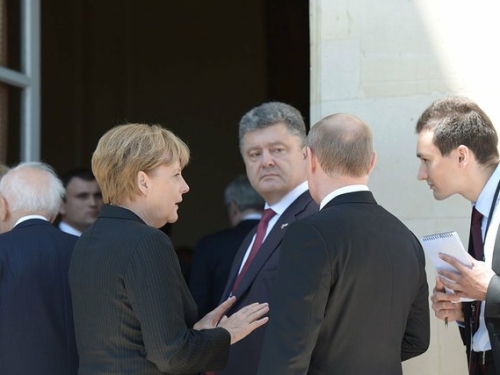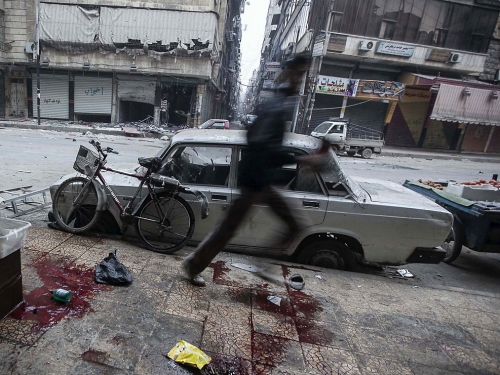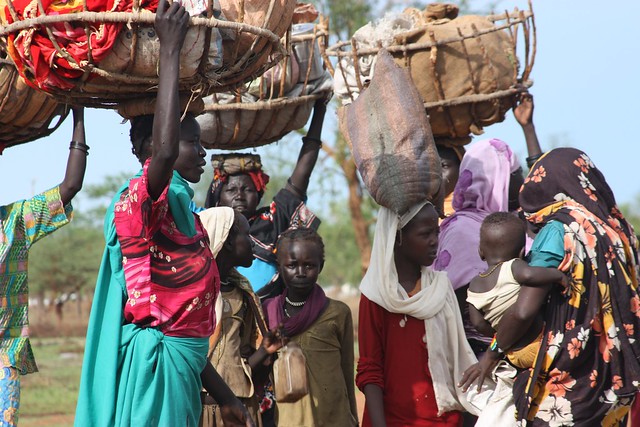
“They say the next big thing is here,
that the revolution’s near,
but to me it seems quite clear
that it’s all just a little bit of history repeating”
Shirley Bassey ~ “History Repeating”
The board game Risk: The Game of Global Domination is an extreme representation of geopolitical power dynamics. It pits players against each other on a simplified map of the world controlled by soldiers, cannons and cavalry. Although simplified and exaggerated, Risk is a crude model of thousands of years of international history: the rise and fall of empires, shifting balances of power, alliances, betrayals and perhaps the most disturbing factor – that the widespread death and destruction controlled by the ‘players’ is portrayed as a normal and inevitable part of geopolitics.




